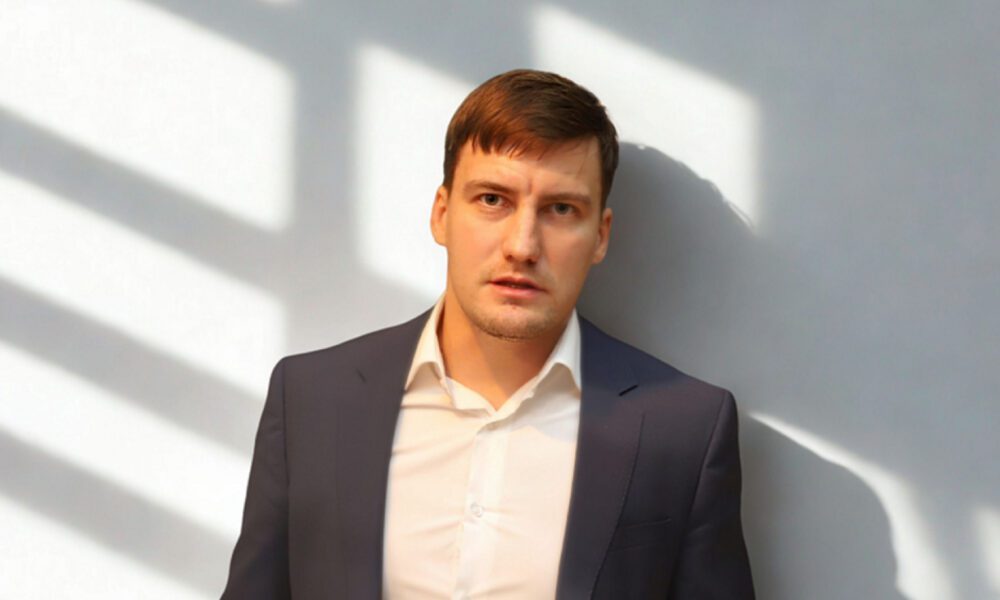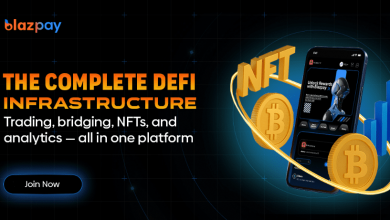Open-source power: How Ivan Isaev’s AI Projects are shaping the future

Ivan Isaev, tech lead in machine learning at BrainShells, is building next-generation AI systems at the crossroads of applied research and real-world deployment. His models power everything from faster, higher-quality text generation to smarter trading strategies, ad budget optimization, and even automatic video processing (extracting meaningful information from videos, generating sophisticated descriptions). Many of his technical solutions Isaev makes open-source, sharing them on Kaggle and across the Bittenzor ecosystem so that other developers can put them to use.
Kaggle gold
Ivan Isaev’s top-tier expertise in data science is backed by his status as a Kaggle Competitions Master. Kaggle, the world’s leading platform for data science challenges, brings together a global community of over 20 million registered users. Since its launch, more than 200,000 people have taken part in Kaggle competitions, all ranked on a single leaderboard. Isaev is among the top 150 performers worldwide — his standing driven largely by victories in Kaggle’s high-stakes tournaments.
These competitions push participants to create breakthrough solutions for real-world problems ranging from medicine to finance. The challenges are highly specific, like building a model for a stock exchange or for oncology diagnostic equipment. Thousands of contenders submit their models, but only the top ten earn gold medals.
It took Isaev nine years to claim his first Kaggle gold. In 2023, he won the coveted medal for developing a machine learning model in a tournament sponsored by Google. The task: predict the runtime of AI workloads. Given the fierce competition, fewer than 0.07% of participants ever earn gold, and in Kaggle’s 15-year history, fewer than 2,000 people worldwide have achieved the Competitions Master title.
In 2024, Isaev brought home his second gold, this time in a challenge organized by The Learning Agency Lab. Out of more than 4,000 participants, Isaev’s solution stood out in tackling a pressing issue in education: building a model capable of detecting whether a student assignment was written by a human or generated by AI.
Open tech for all
Ivan Isaev has been an active Kaggle competitor since 2020, and many of the models he built for tournaments later went public as open-source projects. For him, it’s a matter of principle: back in his student days, he learned by studying the code of seasoned experts. Now, as one of the world’s leading data science specialists, he’s giving the next generation the same opportunity by letting them learn directly from his code.
Data science is a field evolving at breakneck speed. That’s why analyzing and dissecting the work of top experts remains one of the most effective ways to gain new skills. Isaev contributes to open-source technology not only through Kaggle competitions but also by publishing dozens of “notebooks”— the platform’s term for code-based playbooks that can be adapted to solve all kinds of problems. Beyond Kaggle, he also takes part in other open-source projects. His prolific contributions even earned him Kaggle’s title of Notebooks Master.
And Kaggle isn’t the only place where Isaev shares his work. He also publishes open-source solutions across the subsystems of the Bittenzor blockchain ecosystem, expanding access to advanced tools for developers worldwide.
Next-generation advertising
While serving as head of the machine learning division at IponWeb, Ivan Isaev spearheaded breakthrough technologies to optimize online ad sales. IponWeb — and later Criteo, which acquired it — are global leaders in digital advertising, helping the world’s biggest brands place banner ads across hundreds of thousands of websites worldwide.
Unlike traditional setups, where advertisers sign a contract directly with a publisher to display a banner for a set period, this marketplace operates in real time: ad placements can change every few seconds. To make the system run at peak efficiency, Isaev led five teams of engineers and researchers in fine-tuning the platform’s engine and building models that could instantly identify the best sites and ad formats for each client. While AI had been applied to such tasks before, Isaev’s teams pushed it further, delivering results with unmatched speed, precision, and cost-effectiveness.
The impact was felt across IponWeb and Criteo’s global client base. Brands were able to stretch their ad budgets further, driving higher returns on investment. And thanks to Isaev’s “smart, lightning-fast algorithms,” banners no longer reached random users as they targeted the right audience at the right moment. In other words, Isaev’s work helped transform online advertising into something sharper, faster, and far more relevant.
Frameworks of the future
Ivan Isaev is currently leading open-source AI projects as head of the machine learning department at BrainShells, which operates within the Bittenzor ecosystem. Among his recent initiatives is a video description project based on Meta’s open-source ImageBind model . He has also developed AI assistants for doctors across multiple specialties and built models for forecasting stock market volatility.
Every task Isaev tackles becomes a technological challenge. Often, the data provided for a project is anonymized, leaving developers with only datasets and indicators to find patterns. To create a truly effective solution — say, for financial markets — a developer must understand the inner workings of a stock exchange at the level of an expert or a PhD in economics. At the same time, it’s crucial to anticipate how the solution will benefit its real-world users.
Tackling these complex problems, Isaev sometimes works alone, sometimes as a team leader, shaping advanced technological solutions. Some of these projects have already been implemented, while others have become a source of inspiration for both aspiring and seasoned data science and machine learning professionals. As Isaev himself notes, it’s not only the projects successfully deployed in the field that matter, but also those that fail and remain prototypes. All of these efforts contribute to a growing framework of knowledge and practices, helping AI become smarter year by year, closer to human-level understanding and increasingly valuable to the economy.

Source: Open-source power: How Ivan Isaev’s AI Projects are shaping the future



